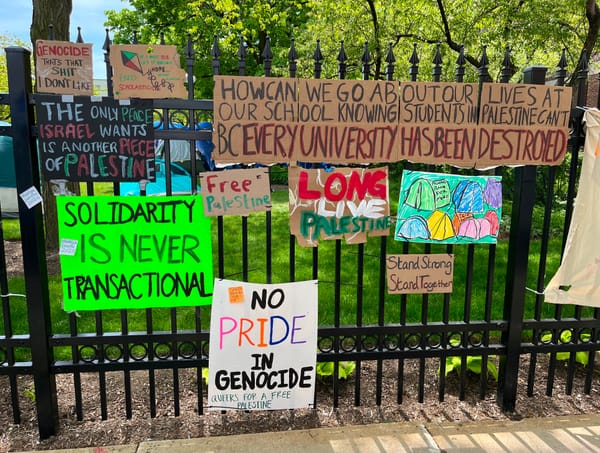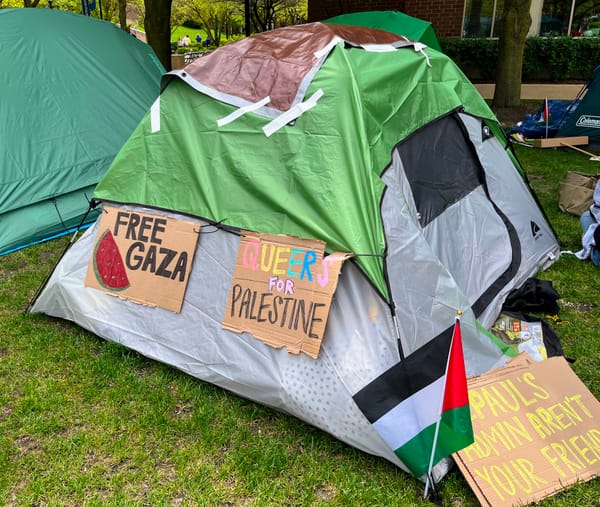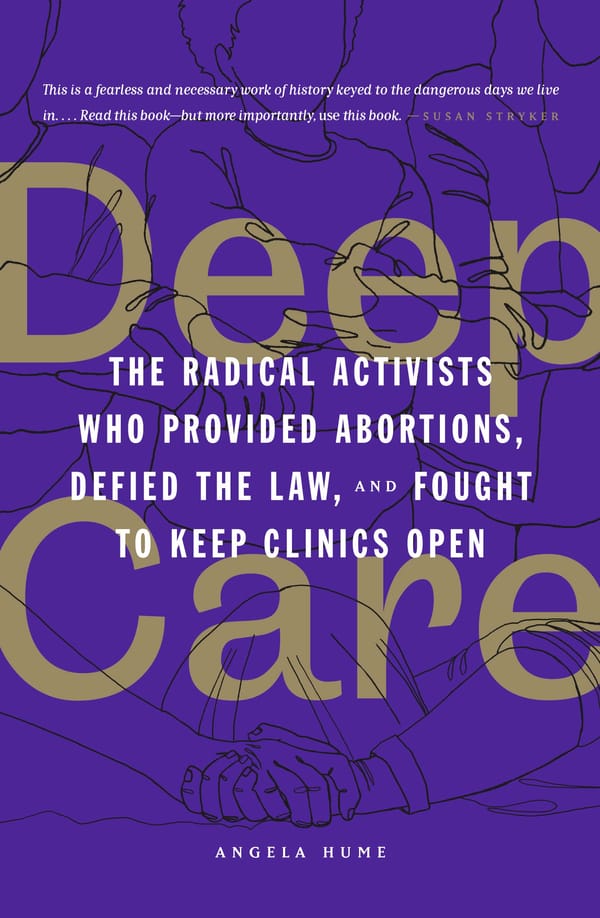How Disabled Organizers Are Helping Palestinians in Gaza Stay Connected
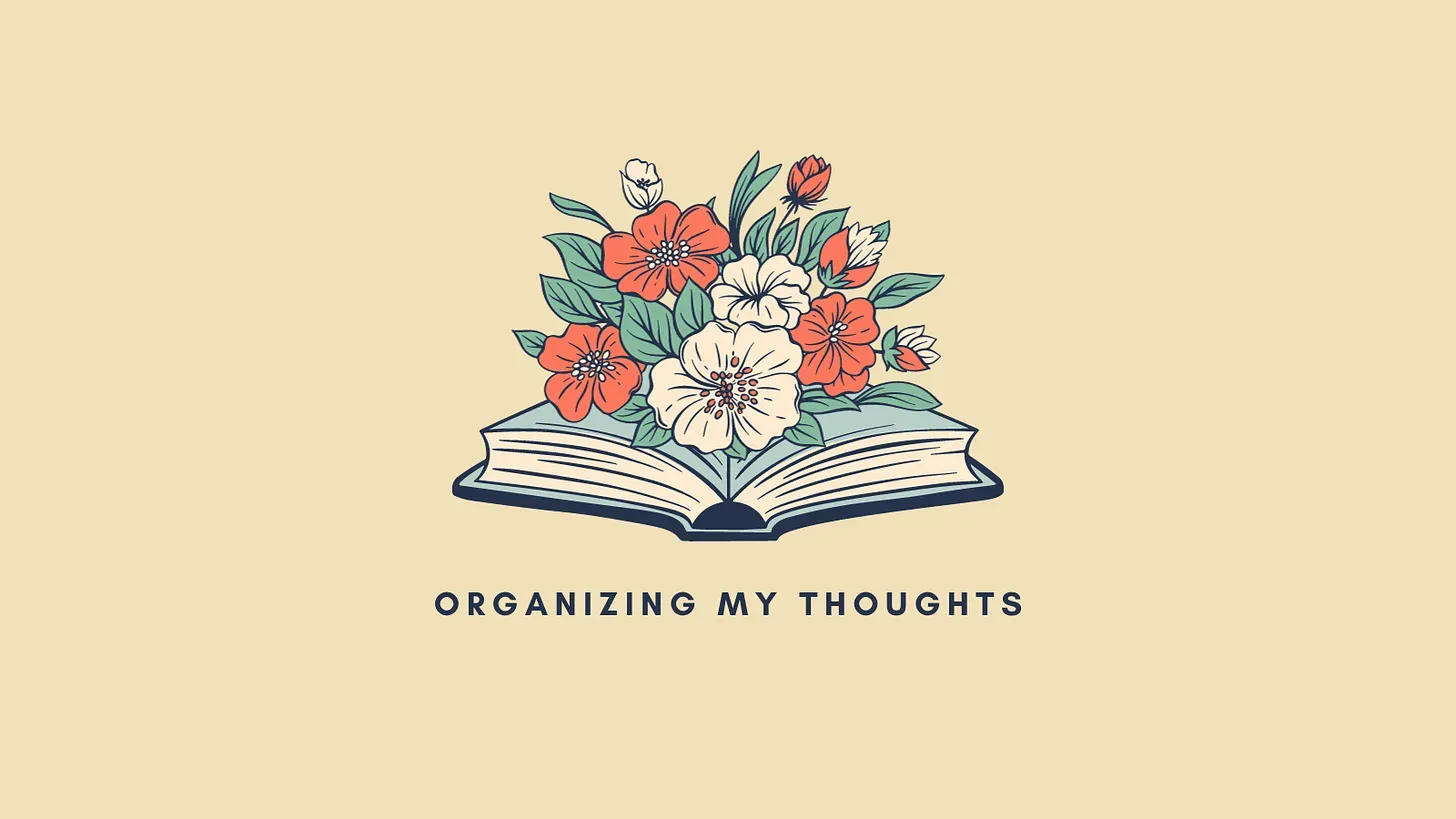
Amid the struggle to survive Israel’s ongoing military attacks – which have left over 25,000 dead and more than 7,000 missing in Gaza – and the deprivations of a genocidal siege, Palestinians in Gaza have also struggled to maintain internet access. According to the cybersecurity monitoring group NetBlocks, Gaza has suffered nine communications blackouts since October 7. Most of Gaza’s 550 cell towers have been partially or completely damaged. The mass displacement of Palestinians from northern and central Gaza to southern areas of the strip has overwhelmed Gaza's remaining network capacity.
Communications blackouts and attacks on electronic infrastructure obstruct the efforts of Palestinians who are documenting Israeli atrocities, as well as stories of Palestinian love, solidarity, and survival on social media. Given that international media are barred from entering Gaza unless they are embedded with IDF forces, the work of Palestinian journalists, media workers, and other frontline storytellers has been especially crucial, allowing the world to witness an ongoing genocide through the eyes of those experiencing it.
Disruptions in cell phone and internet service also prevent Palestinians in Gaza from contacting loved ones or using their phones to request or coordinate rescue efforts. As Egyptian writer and activist Mirna El Helbawi explained on the podcast Marketplace Tech, in the modern world, “The right for communication and internet access now is like the same right for food and water and a proper way of living.”
Appalled by attacks on Palestinian internet infrastructure, El Helbawi founded #ConnectingGaza to get eSims directly to people in Gaza. eSims are digital SIM cards which can be accessed by scanning a QR code. Using eSims, people in Gaza may be able to pick up a roaming signal from Egyptian or Israeli internet networks.
For disability justice organizers Jane Shi, Leah Lakshmi Piepzna-Samarasinha, and Alice Wong, the distribution of eSims, as a form of mutual aid, presented a rare opportunity to provide material support to Palestinians in Gaza. Together, the three launched an effort called “Crips for eSims for Gaza.” In a collectively authored blog post, the three organizers talked about Gaza as a frontline in the struggle for disability justice and disabled survival, writing:
We also recognize that everyone in Gaza is now disabled due to the massive number of deaths, new disabilities, life-threatening illnesses and destruction of medical facilities going on. Such destruction also debilitates the land, water, and air, which will impact Palestinians and all surrounding life for generations to come. We owe our kin in Palestine to throw sand on the gears of genocide with our every breath.
So far, Crips for eSims for Gaza has sent 1,410 eSims to help Palestinians access the internet. 394 of those eSims are presently active. I was recently able to connect with Jane, Leah and Alice about eSims for Gaza and why the Palestinian struggle is a disability justice issue.
This interview has been lightly edited for clarity.
Kelly Hayes: Can you tell us about Crips for eSims for Gaza? What’s the aim of this effort, and how did it come about?
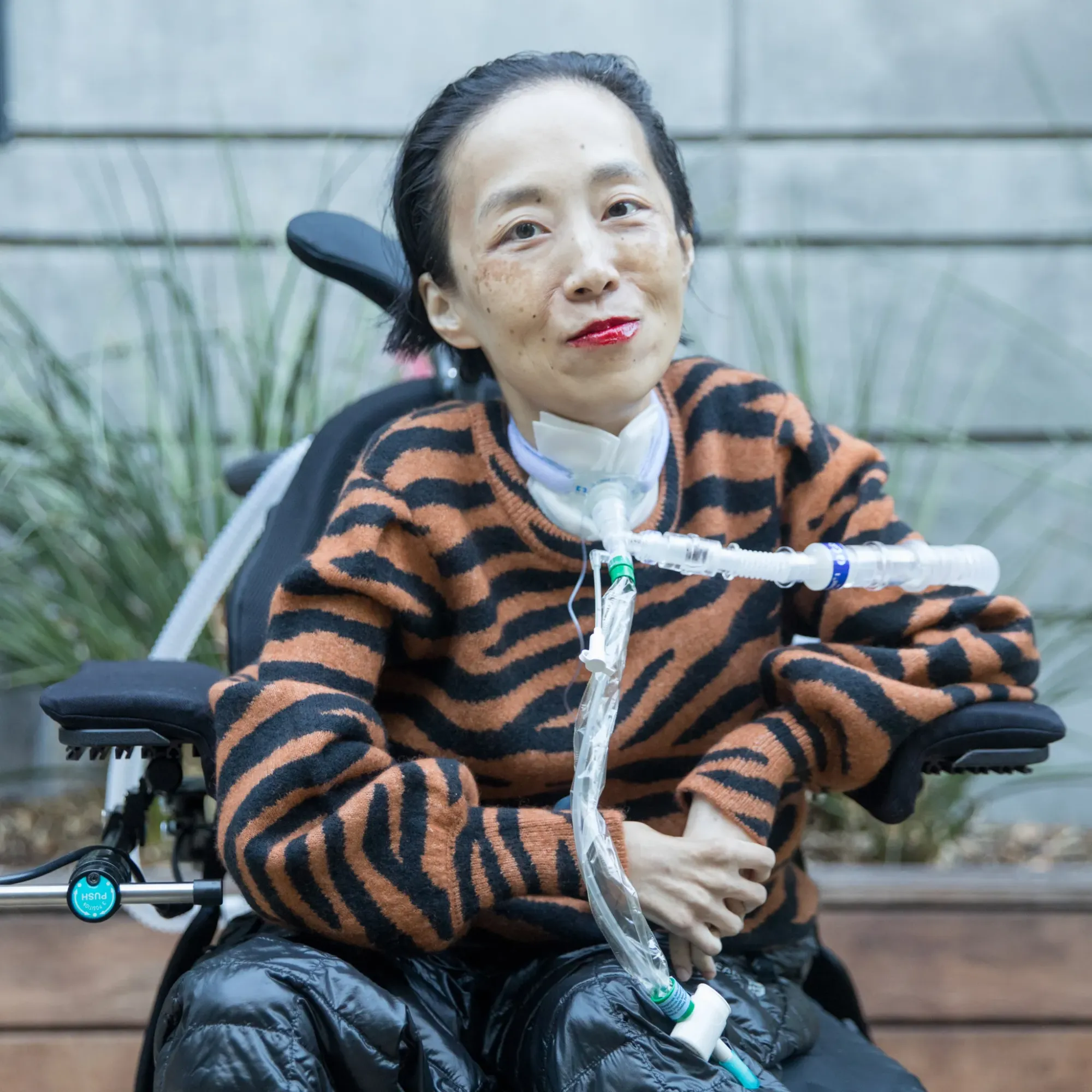
Alice Wong: I follow Jane on social media and saw a post that she was selling some of her artwork in an effort to raise money to buy eSims. Leah and I were brainstorming how we can do something similar, and since I don’t know the process of purchasing, activating, and sending eSims, I wondered if we could join forces with Jane. We asked Jane, and she enthusiastically said yes. We all worked on a blog post that I published with information on how to donate and how disability justice and Palestine are connected, plus additional resources, readings, and organizations to support. Speaking for myself only, this has been an incredibly gratifying experience organizing with Jane and Leah. Each of us collaborated and brought our talents together. It’s an example of community care and disability solidarity.
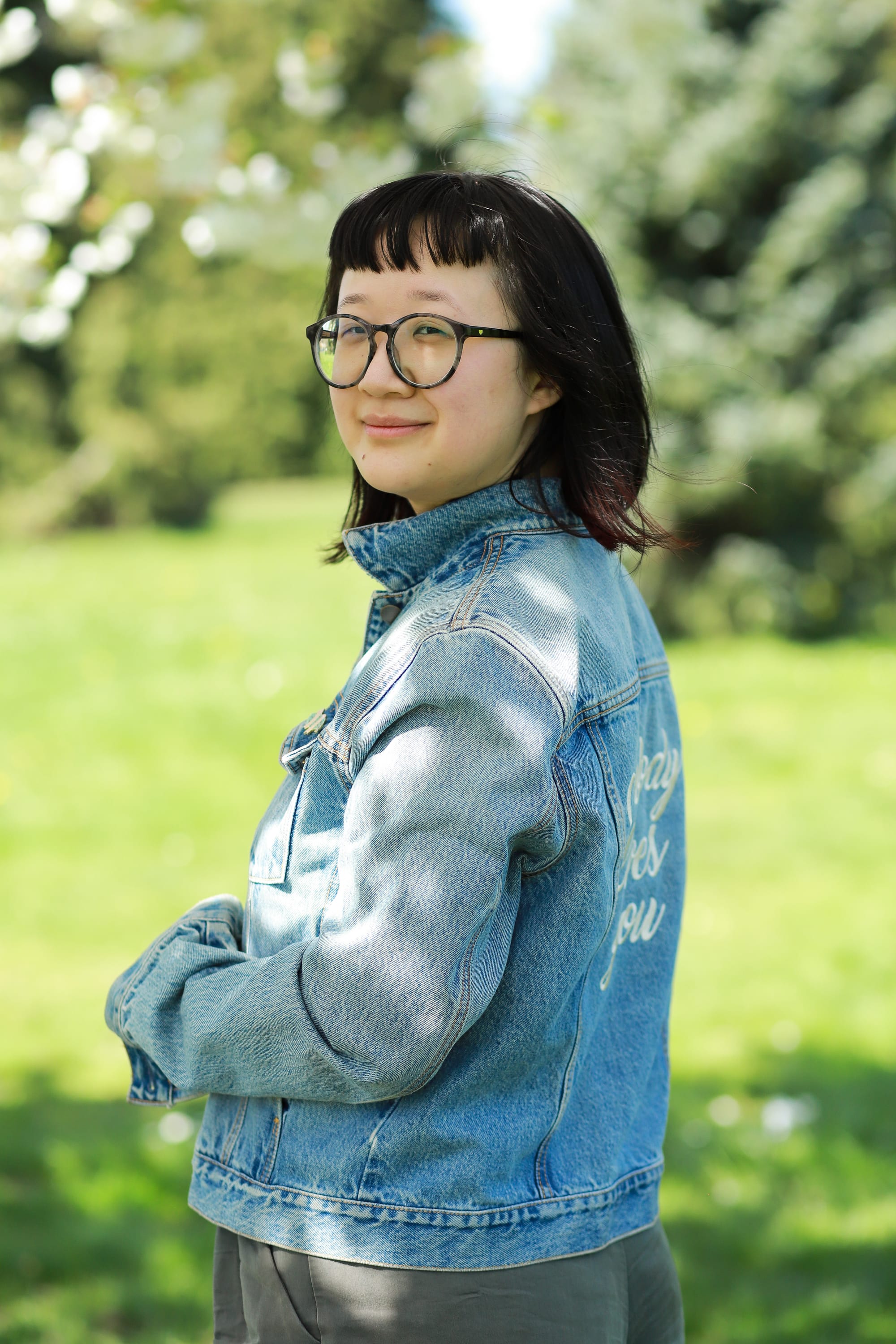
Jane Shi: Many of us were noticing that it has been very difficult to get aid into Gaza, but that eSims were a tangible way to do it through the #ConnectingGaza project. My friend Divya Kaur, photographer and co-organizer for Under the Table Poetry – a poetry collective that uplifts queer and disabled poets and hosts open mic nights, talked about fundraising for them through a raffle, and my friend and co-organizer Vivian Ly at Masks4EastVan linked me the info for how to send them in a group chat. I already had my “Immunocompromised stickers are worth protecting” stickers listed online, so I decided to raise funds for eSims and for legal support for those arrested protesting the Scotiabank Giller Prize and Indigo Books in Toronto.
A few days after buying and sending several eSims with the funds raised, I noticed one of them became activated. I shared it on socials and also sent it to a bunch of friends, especially friends who were going nonstop - going to protests, calling representatives, challenging our own respective communities to show up, organizing film screenings, etc., hoping to offer something tangible, a breath even, showing that our collective efforts are reaching at least one person, one family, in Gaza. I wanted my friends and communities who were putting all of themselves into this work to have something small to hold onto amidst the devastation and their internal sense of responsibility. I know that those who push themselves the hardest are not those who care the least, and to readers who may feel that they should do more, I want to say that we’re in this together. Care is at the center of how movements sustain themselves – something I learned directly from Alice and Leah and other disability justice movement leaders.
And then Alice and Leah reached out to me! Joining forces with two incredible organizers and writers that I have learned so much from throughout the years and collaborating across the colonial border as well has been incredible. The aim is to send, as Leah says, “a shit ton of eSims” to Palestinians in Gaza, which is to say, to keep Palestinians connected to each other and the rest of the world, to keep the collective witnessing alive, to stop the genocide.
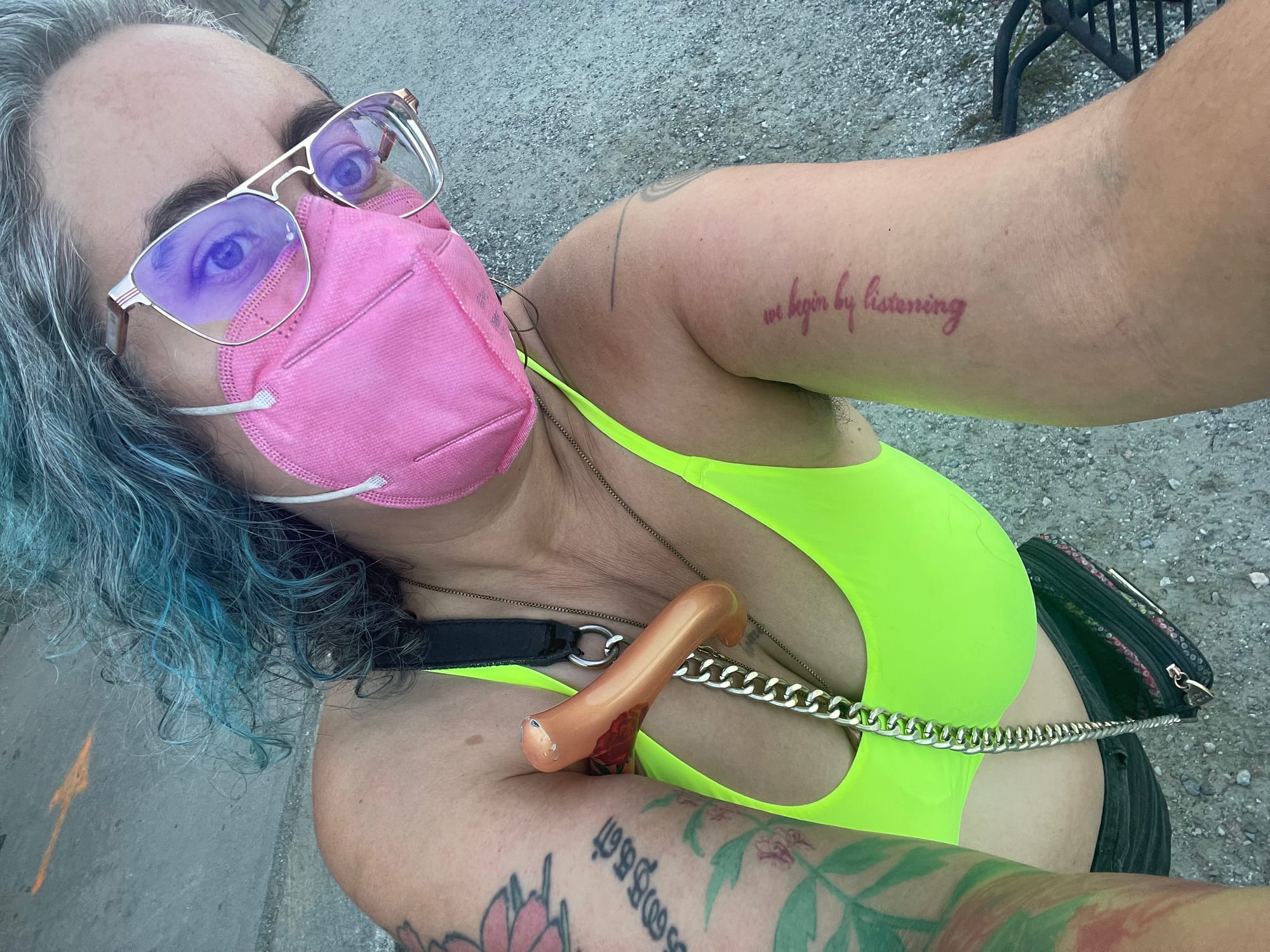
Leah Lakshmi Piepzna-Samarasinha: When the war on Gaza started, I was going to as many protests as I could, mostly with other disabled BIPOC. A lot of the protests I went to had basic access and masking, which is great, but even with that, I have limits on how far I can walk/ march as a disabled person with chronic pain and limits on how far I can walk, plus fatigue. I went to the big DC march in November with a good friend, where we supported each other around disability, but my whole body was totally fucked with pain for days after. Potentially getting arrested at an action also has different crip considerations for me, like how fucked up my body is going to get after sitting on concrete for hours, what happens if the cops take my mobility device away, will I be targeted for violence by the cops as a disabled BIPOC person? I know I am not alone in this, that there are a lot of disabled BIPOC people who are passionate about making a difference and being in solidarity with Palestine but for whom marching and traditional protests are not always accessible.
I was spending a lot of time lying in bed with insomnia from witnessing the devastation of the genocide, stressed out, and brainstorming what are different crip/ disabled/disability justice-specific ways we disabled people in North America can organize and be in solidarity with Palestine? I am always thinking about, what are not just the ways to make existing, abled-made forms of resistance accessible, but what are the disabled-specific forms of organizing we can do? I was thinking of other disability justice fundraisers I have been a part of, like Stacey Park Milbern’s fundraiser to buy the Disability Justice Culture Club, her accessible home in East Oakland that she also made into a disabled BIPOC community center. A ton of disabled people, mostly low-income, raised $20,000 for Stacey’s fundraiser, mostly in $5 to $20 donations people sent at the beginning of the month when their check hit or through grassroots fundraisers. It was incredibly powerful to watch us support each other. Crips are often broke as fuck but also often raise a shit ton of money for each other, $5 at a time; it’s kind of a best-kept secret. A lot of people still think of disabled people as passive and powerless, like we’re waiting for people to come save us, but we save each other all the time – or try to. We have power.
Second, as a Sri Lankan diasporic person living in the U.S., I am also really familiar with the tactic and tradition of moving US or Canadian dollars to our home communities when a crisis hits because the exchange rate from USD or CAD to global South currency always goes far.
I had noticed Jane’s organizing around selling her stickers to buy eSims and thought it was great. Alice and I were texting about “what can we do,” as she describes, and she suggested the three of us link up, and the rest is history. I second what Jane and Alice said – I have so much respect for both of them, and the Power of Three badass Asian diasporic disability justice people coming together to share our skills and build this has been amazing. I also have been blown away by the response – I thought we’d get a few thousand dollars, and that would be amazing, but seeing how this has blown up and how many people sent in money, and how many eSims we’ve been able to buy and that they are being turned on and used… it means a lot to feel like we are using what we have to be in international, anti-imperial solidarity with the people of Palestine.
What we’re doing doesn’t bring a ceasefire, obviously, but if families and communities can stay connected, get news and get news out, tell their families they are alive, and organize for survival and are supported by this solidarity, that means something.
KH: There has been a lot of discussion of late about how the struggle in Palestine is connected to our larger struggles against surveillance, militarism, policing and the violence of borders. Can you talk about Palestinian liberation as a disability justice issue?
Leah: It’s hard to know where to start, but I can start by saying disability justice is not a vision of disability liberation that’s like, “let’s build a ramp on the White House or the Amazon plant, and we’ll have achieved justice” – like a liberal one that is not looking at how ableism is maintained by capitalism, colonialism, war, and empire. Instead, DJ is like, “We have to dismantle all the systems of war, imperialism, and colonization if we’re going to achieve liberation as disabled people.”
This is because disability justice is a framework trying to build movements that center the lives, issues, and organizing of Black, Indigenous, and people of color who are disabled, chronically ill, neurodivergent, Deaf/ hard of hearing, and more.
So when some of our disabled issues, for example, are war and invasion disabling people (because we get bombed and become amputees, our groundwater gets polluted from chemical weapons and ordinance, we’re starved out or disease is encouraged so we get disabled from that), or when cops and invading armies target us for violence and death as disabled BIPOC people, or having the places we use to access health care bombed – not to mention that arguably everyone Palestinian is disabled in that they have PTSD from what they are surviving and witnessing – ending invasion, war and genocide are disability justice issues! And all of these are forms of violence we see happening in Palestine right now.
We won’t get free as disabled people all over the world until colonial invasion and occupation stop because only when those things end will we have autonomy, freedom, and the right to live and determine our own lives.
Disability justice has always been an anti-colonial, anti-imperial politics and has always been for Palestinian liberation. You can take a look at stuff like the Disability Justice for Palestine actions Sins Invalid did in 2014, or the statement by the Abolition and Disability Justice Collective (2021), essays from by Alice Wong and Allie Cannington (2023) and Nelly Bassily (2023) or the Transnational Feminist Disability Studies Statement, to name just a few, to know that this is true.
Palestine is also full of disabled Palestinians who are not just victims, they are resisters. Palestinians have been practicing DJ in one of its truest forms in how they have been showing up for each other to make sure people survive. Stefanie Kaufman-Mthimkulu of Project LETS wrote,
“Witnessing Palestinians refuse to leave each other behind — the sick, the Disabled, the elders, the babies — is the greatest love, the fiercest, most devoted act of Disability Justice. Witnessing Palestinians choose to move slower and more intentionally — guiding wheelchair users under a never-ending rain of white phosphorus bombs, under the threat of inconceivable (but real) bombs with flying blades that explode your muscles into tiny pieces — is nothing short of a miracle. It is a display of breathtaking interdependence…. The valiant Palestinians have shown us how to practice Disability Justice with no tools, left with nothing but your bones and heart and soul.”
Jane wrote in our statement, “As disabled people we owe our disabled kin in Gaza to get in the way (of genocide).” That was really powerful for me to read. Early on in the war, someone I care about but disagree with politically said I was an “outsider” who couldn’t understand what was going on in Palestine. I disagree. I think as disabled Black, brown, Asian, Indigenous people all over the world, we watch the destruction of Gaza and the attempted genocide of Palestinians and Gazans, the kids going through amputations without anesthesia, the Deaf Palestinians who are struggling to access their interpreters, and the disabled and chronically ill Palestinians trying to access meds, food and water, wheelchair users trying to get the hell out through rubble-filled streets, Palestinian people struggling against suicidality and total despair as their families are slaughtered, and we give a shit both because we are trying to stay human, with souls, and because we have lived through our own versions of this kind of violence as Black, Indigenous, Asian, Brown, people. I’m not Palestinian, but as a disabled Sri Lankan/Ukrainian, I am from a community where people are disabled from everything from torture and landmines during the Sri Lankan civil war to PTSD from living through it.
As disabled people, as disabled BIPOC and disabled white people in solidarity with us, we are in solidarity with disabled people all over the world and we want us all to get free. We know we are not separate from one another.
KH: How can our readers support your efforts?
Jane: Folks can donate to our fundraiser.
For folks based in so-called Canada who have sent eSims before, I made a form for people to help us purchase and send them to #ConnectingGaza with the funds raised. We’ve got more than 30 friends and community members helping out and averaging around 50-60 eSims sent every day. The demand is significant so every bit of effort helps with using the funds as quickly as possible. All funds not used to purchase eSims will be used to top up existing ones.
KH: Is there anything else you would like to share with our readers?
Jane: I’ve been thinking a lot about the ethics of solidarity and fundraising. Palestinians have been saying they don't need our donations, they need a permanent ceasefire and an end to settler colonialism. I’m thankful that this project can offer direct aid to Palestinians in the form of internet connection to one another and to the world as Israel continues to cut off all telecommunication connections and the Internet, and in a time when social media offers more reliable information than mainstream news outlets. Samah Fadil and other Palestinians have been calling Western journalists and reporters stenographers for empire, for colonialism; Palestinian journalists and people bearing witness on the ground are who we need to uplift and hear from in these moments.
Being able to spend more than half the funds raised and seeing that 394 eSims are now active, most of them being used has been extremely relieving. I was saying to a friend that it’s just clicking some buttons but knowing there is a person, family, journalist, or doctor using the data to contact loved ones and get the word out about what’s happening is deeply moving. I’m grateful for communities coming together around this and trusting us with this work.
Much of the skills I’ve used to help organize this project have been learned from organizing Masks4EastVan, a disabled-led mutual aid project that distributes high-quality masks to neighbors in East Vancouver. Color-coded spreadsheets keeping track of funds (that at times are only legible to me), counting inventory, mutual care… that got us to send hundreds of thousands of masks to our neighbors since 2021.
And with Crips for eSims for Gaza, we have sent #ConnectingGaza over 1,410 eSims, and at least 394 of them are active.
As Leah and Alice shared, disabled organizing can create powerful change in the world. Years ago, somebody I know remarked, “You’re the only person I know who makes that many dumplings over and over again.” What kind of world would we live in if we refused to pathologize or criminalize disabled, neurodivergent, and mad creativity? I’m proud to be cringe. Cringe but free, as in, free Palestine!
Alice: We are just three individuals who care deeply about collective liberation and justice. Using what we have together resulted in an amazing response in just a few weeks which shows me that activism can be big and small; a lot of people want to do something but feel powerless or overwhelmed. I am continually enraged and sad by the genocide in Palestine and recent air strikes in Yemen by the United States, but we can all take action and speak out.
Leah: I’m hoping that people look at what we’re doing and don’t go, “Oh, that’s amazing, but they’re different; I could never do something like that.” We literally created this through the power of the crip google doc and just being like, what can we do?
In our statement, Jane quoted Palestinian disabled southern poet Rasha Abdulhadi as saying, “Wherever you are, whatever sand you can throw on the gears of genocide, do it now. If it’s a handful, throw it. If it’s a fingernail full, scrape it out and throw. Get in the way however you can. The elimination of the Palestinian people is not inevitable. We can refuse with our every breath and action. We must.”
My hope is that disabled people and people who want to get down with us look at this action and are encouraged to think up wild disabled shit you can do to throw your handful or truckload of sand on imperial war and genocide. Be crip creative! Do some “crazy” shit! Do something abled and neurotypical, and hearing people probably wouldn’t think up! We all have something brilliant we can contribute.
Organizing My Thoughts is a free newsletter. If you can and would like to pay for a subscription, your support is greatly appreciated. Paid subscribers will be invited to periodic virtual conversations with Kelly and other writers and organizers.

